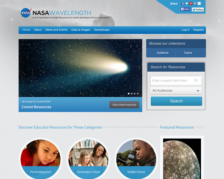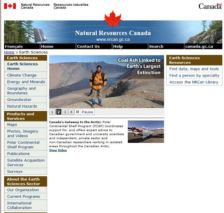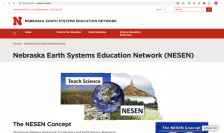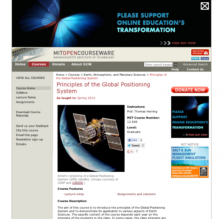Browse Resources
(5 classifications) (51 resources)
Earth sciences -- Study and teaching
| Activity programs.
(10)
Audio-visual aids. (6) Catalogs. (1) |
Computer network resources
(8)
Simulation methods. (1) |
Resources | |||||||||||||||||||||||||||||||||||||||||||||||||||
|---|---|---|---|---|---|---|---|---|---|---|---|---|---|---|---|---|---|---|---|---|---|---|---|---|---|---|---|---|---|---|---|---|---|---|---|---|---|---|---|---|---|---|---|---|---|---|---|---|---|---|---|
| |||||||||||||||||||||||||||||||||||||||||||||||||||
| ← Previous | Next → | ||||||||||||||||||||||||||||||||||||||||||||||||||







